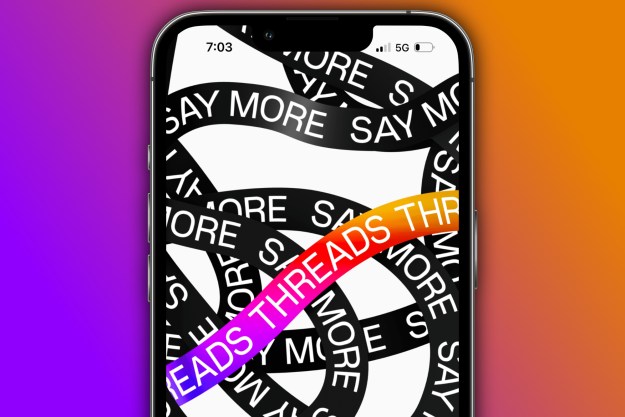 For a certain generation, Facebook functions as a sort of digitally pieced-together autobiography. Of course by its nature, such a compilation is anything but thorough and segments of our lives deemed unimportant or uninteresting (read: Anything before college) largely gets left out. And given the nature of Facebook friends, there’s little room for personal posts of any sort – unless you want to be that guy.
For a certain generation, Facebook functions as a sort of digitally pieced-together autobiography. Of course by its nature, such a compilation is anything but thorough and segments of our lives deemed unimportant or uninteresting (read: Anything before college) largely gets left out. And given the nature of Facebook friends, there’s little room for personal posts of any sort – unless you want to be that guy.
A new social networking site wants to fill that hole. Proust, a product from Barry Diller’s IAC, launches today. According to the site, Proust is “a place for families and close friends to share the stuff that really matters. It’s a place to capture our life stories, thoughts, and aspirations and spark meaningful conversations about who we are.”
At its core, Proust is a philosopher-meets-ancestry enthusiast’s take on social networking, and takes its name from Marcel Proust and his Proust Questionnaire. It directly challenges what comes naturally to Facebook users: Posting only the most surface statements and updates about ourselves. There’s no questioning or exploring yourself with the typical social networking site, and given its purpose, that’s okay. But Proust thinks there is a place for that, saying that instead of combing through the mindless self-centered posts that flood Facebook and the like, you should actually get to “know the ones you love” using this site. It also gives social networking fans a chance to do what they love most: Talk about themselves. No one’s above this, but Proust is at least directly giving users the opportunity to share personal details and customize the format as they see fit.
You can access Proust by creating your own account or using Facebook Connect, everything you do on the site can be shared via Twitter or Facebook as well. You have the option of making your story public or private. If you choose private, it will only be shared with those you invite. Then you are asked a series of questions, including “Who was your first kiss?” and “Do you have any nicknames? How did you get them?”. Along with your answers, you can tag people or list locations, upload pictures and video, or even date the event. If you prefer, forgo the questions altogether and pen your own stories. All this information is aggregated into your personal storybook, which you can view by location, date, people, or media content.
What’s interesting about Proust is that it claims to be a way to know the people you love better – but don’t you already know how many siblings your closest contacts have? Or who their first love was? If you’re close enough to your inner circle that you do, Proust is merely a fun, digital way to sift through that information. But if you don’t, it could actually be a very personal, insightful experience for you. As the Internet identity narrative becomes increasingly vapid, it’s refreshing to find an option for self-reflection and discovery, and to share that.
At the same time, the information you document on Proust is extremely personal (i.e., “Who was the first person who broke you heart?” Really? Does that seem like a trap to anyone else?). If the thought of that data leaking outside of your best friends and family sounds horrifying, you’ll probably end up skipping quite a few questions and rendering the experience rather pointless. Sometimes, things are better left either unsaid or said – but not saved on the Internet. Proust’s team assures users that privacy is its focus, but there’s always a risk you run when you give up your information. And this it’s not credit card numbers or addresses – it’s deeply personal, potentially embarrassing or incriminating items.
Is it a Facebook killer? Not a chance. A Google+ killer? Absolutely not. But it is possibly the most honest way to share and learn with those you know and trust.
Editors' Recommendations
- How to run a free background check
- How to download Instagram photos for free
- How to set your Facebook Feed to show most recent posts
- X rival Threads could be about to get millions of more users
- TikTok sued by Utah over alleged child addiction harm


